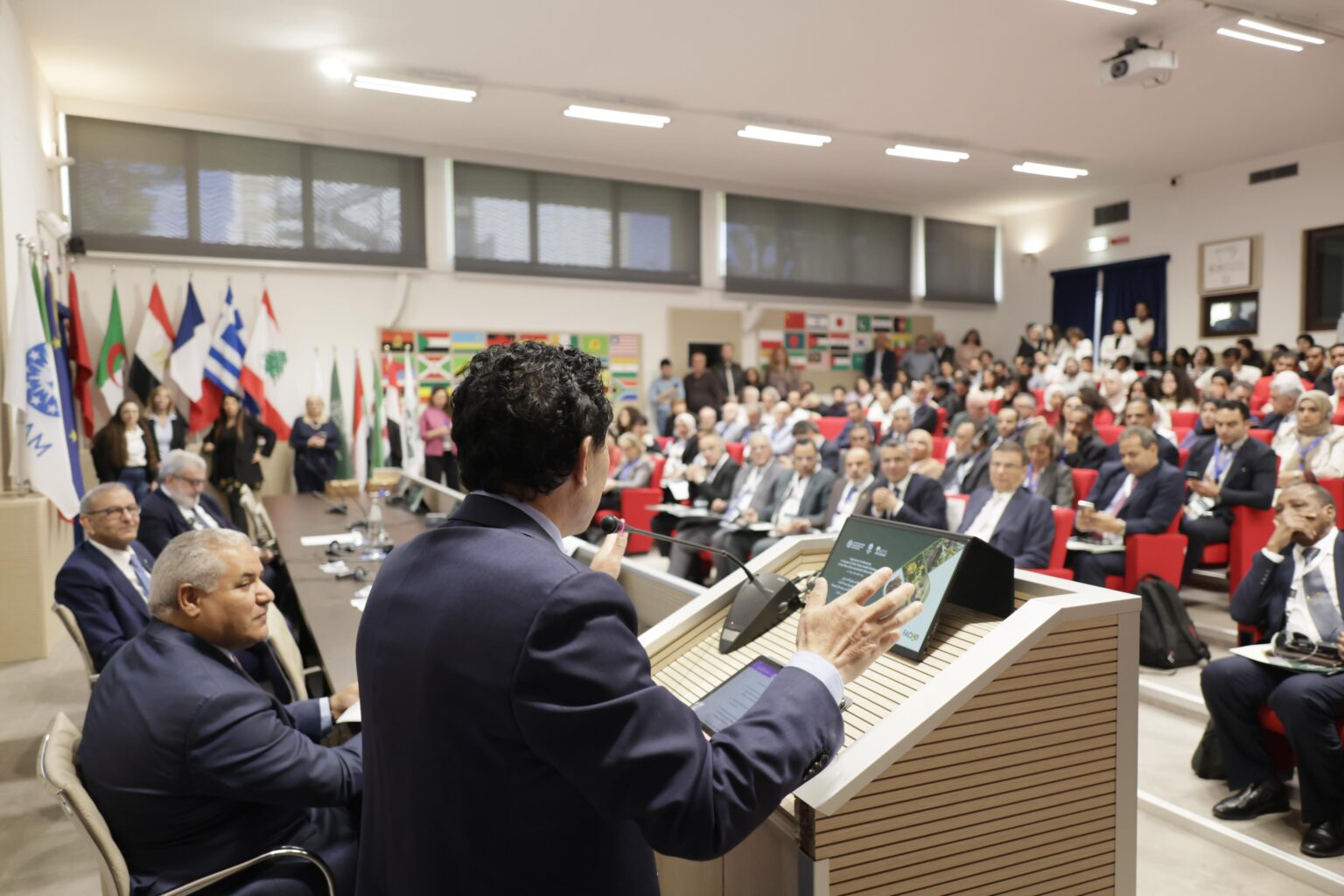Bari, Italy
Plant health isn’t just about crops—it’s about securing our food, preserving biodiversity, and protecting the fundamental human right to eat. That was the powerful message from FAO Director-General QU Dongyu today, as he addressed top government ministers from the Near East and North Africa (NENA) region at a landmark conference in Bari, Italy.
At the heart of the gathering — hosted by the International Centre for Advanced Mediterranean Agronomic Studies (CIHEAM) alongside FAO and the Near East Plant Protection Organization (NEPPO) — was a stark warning: up to 40% of the world’s crops are lost every year to transboundary pests and diseases (TPPDs), causing devastating damage to food supplies and economies.
“This is not just an agricultural issue,” Qu stressed. “Plant health is critical to biodiversity, food diversity, and ensuring the right to food for every person. It is a basic human right.”
The conference, which runs through May 13, seeks to galvanize regional cooperation through the NENA Plant Health Strategy—a coordinated effort to tackle these pests head-on by improving cross-border coordination, pest management techniques, and building local capacity.
Migratory threats like desert locusts and armyworms loom large, especially in vulnerable areas like Algeria, Libya, and Tunisia, where massive swarms are ravaging fields. To put it in perspective, a single square kilometer of locust swarm can contain up to 80 million insects—enough to consume as much food in a day as 35,000 people.
“These pests don’t recognize borders, and they move fast,” Qu warned. “No country can face this challenge alone. Regional solidarity and global partnerships are vital—and that means robust funding must follow.”
FAO is leading efforts with sustainable, eco-friendly approaches—combining continuous monitoring, early warnings, and innovative prevention to protect crops before disaster strikes. This work aligns with FAO’s One Health vision, linking the wellbeing of plants, people, animals, and the environment into a single, unified approach.
For the NENA region, grappling with conflict and climate change, this fight is especially urgent. The conference’s high-level turnout reflects the growing recognition that plant health underpins not just food security, but also economic stability and resilience for millions.
As Qu concluded, “Together, with cooperation at every level and the right investments, we can protect our crops, preserve our planet’s biodiversity, and ensure a sustainable food future for all.”


